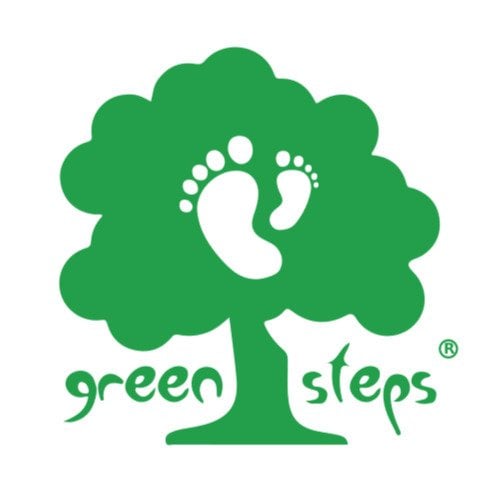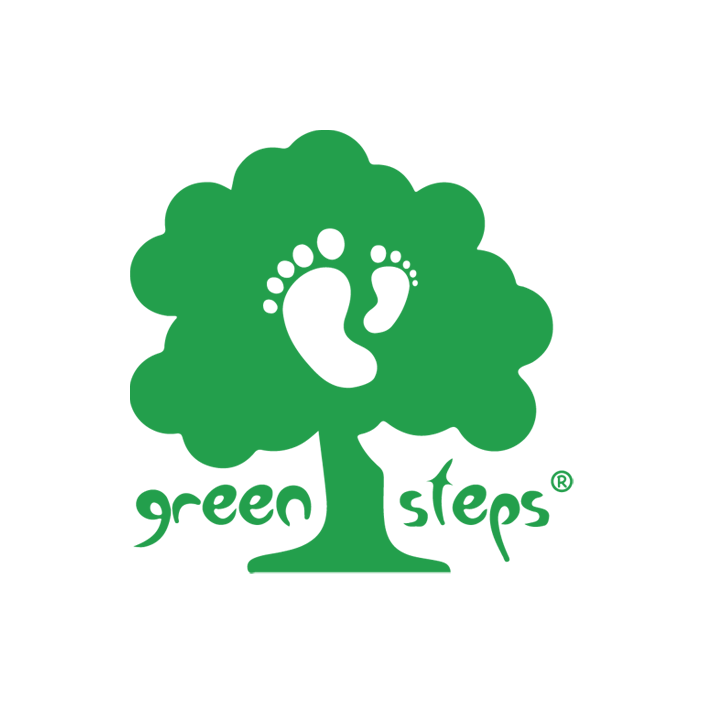Author:
Knut K. Wimberger
Short summary:
Is PISA really all that is needed? We propose a Youthpass 2.0 which helps to recognize and evaluate informal 21st century learning.

1. What is Youthpass?
Youthpass is a tool to evaluate, document and recognize learning outcomes from youth work and solidarity activities. It is currently available for projects funded by Erasmus+, Youth in Action and European Solidarity Corps Programmes. While creating their Youthpass certificate together with a support person, project participants are given the possibility to describe what they have done in their project and which competences they have acquired. Thus, Youthpass supports the reflection upon the personal non-formal learning process and outcomes.
- As a Europe-wide recognition instrument for non-formal learning in the youth field, Youthpass strengthens the social recognition of youth work.
- Youthpass supports active European citizenship of young people and of youth workers by describing the added value of their project.
- Youthpass also aims at supporting the employability of young people and of youth workers by raising their awareness of and helping to describe their competences, and by documenting their acquisition of key competences on a certificate.
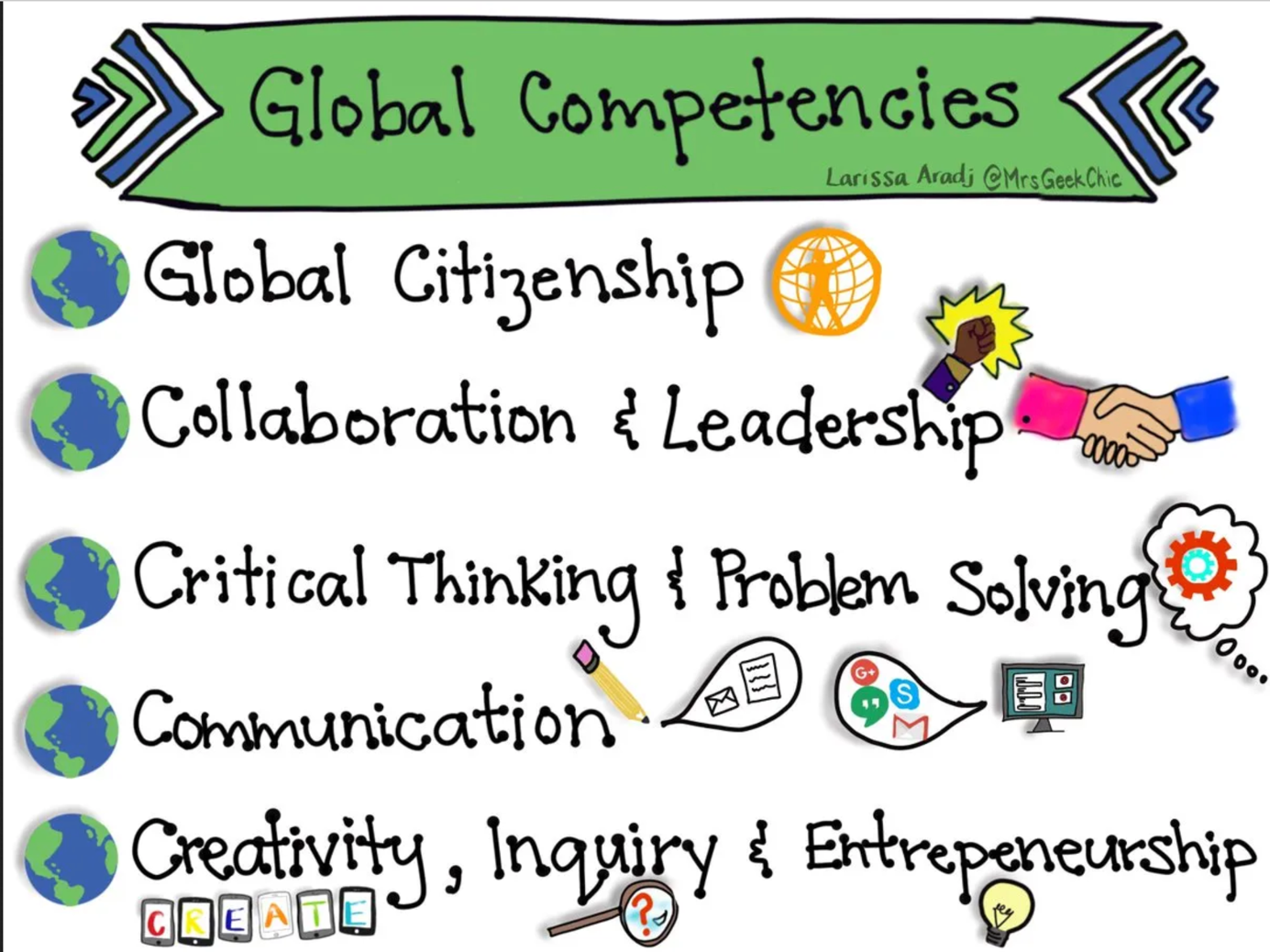
2.Why Is the Recognition of Informal Learning Experiences Important?
There are several connected social phenomena which make the recognition of informal learning experiences increasingly important. We outline here a few of them without any requirement of completeness or academic methodology.
2.1. Inflation of University Credentials
The inflation of university credentials, i.e. a phenomenon which makes even graduation certificates from ivy league universities relatively worthless, because more and more individuals get access to them. While a university degree still induced secure employment in the 1980s (in the Western world), it does nowadays often mean unemployment. Many national education systems have tried to counteract this inflation and lack of employability with universities of applied sciences which offer a more practical curriculum with corporate internships as integral part thereof.[ https://en.wikipedia.org/wiki/Credentialism_and_educational_inflation ]
2.2. Exponential Transformation of Labor Markets
The exponential transformation of labor markets through new technologies renders many skills and competences which we acquire in traditional curricula obsolete. Increasing automation and computerization, in particular the recent development in AI research and application has initiated a collapse of our labor markets, in particular in the tertiary sector which now accounts for more than 80 percent of jobs in advanced economies. In a few years from now, we will live in societies with small service industries and remaining jobs in the secondary sector will require much retraining and constant re-qualification to manage exponential technological change.[ Martin Ford: The Rise of the Robots – Technology and the Threat of a Jobless Future]
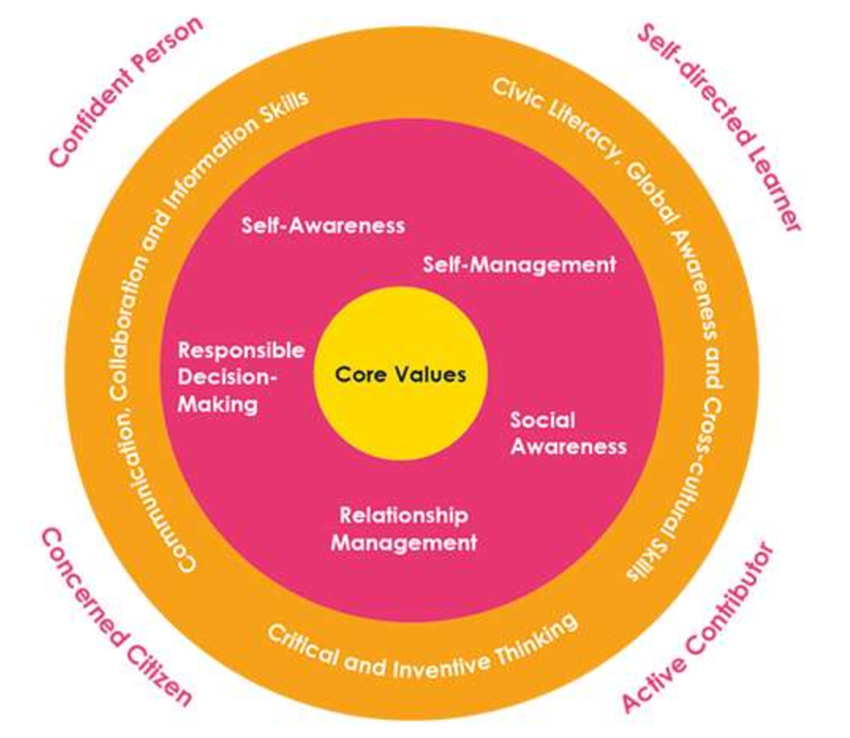
2.3. Delayed Start of Paid Work
While most children had no access to formal education and entered the labor market at age 4 at the beginning of the industrial revolution, it is nowadays normal in advanced economies that youth spends 12 years in school and another 5-6 years in university. Entering the labor market at age 25 or 30 is no exception anymore if scholarships or funding from parents allow such a long education term. Moreover, many university graduates need to take several unpaid internships after graduation until they get a paid job with full social benefits – even if they aim to enter the labor market early on.
2.4. Meaningful Occupation
More time in education or training paradoxically quite often means that youth loses purpose and meaning. Abstract curricula, which train for academic careers, theoretical studies which are detached from the needs of the real world, contribute to an experience of disconnectedness and meaninglessness. Long formal trainings which rather conform to the mechanistic expectations of national economies than to the organic needs of individual human beings are a major cause for procrastination, lacking study progress, mental health issues and even substance abuse. Neurologist Viktor Frankl summarized this observation as such: Even more people today have the means to live but no meaning to live for.
2.5. Formal Education and Power Structures
Education for all was in the age of enlightenment an offering parts of the ruling class made to the rest of society in order to achieve an overall better society. Philosophers such as John Locke proposed the idea that knowledge is obtained through sensation and reflection. This proposition led to Locke's theory that everyone has the same capacity of sensation, and, therefore, education should not be restricted to a certain class or gender. Prior to the 17th and 18th centuries, education and literacy were generally restricted to males who belonged to the nobility and the mercantile and professional classes.
The aspirations of the enlightenment era were however never fully implemented, and education remained a mechanism for the ruling class to regulate the access to wealth and power. The need of nation states to prosper economically and defend its interests geostrategically defined since the beginning of the industrial revolution national curricula and put a focus on the acquisition of STEM competences. The triangle of science, technology and power has become the dominating theme for formal education.[ Yuval Harari: Sapiens – A Brief History of Humankind]
With the transformation of nation states into supranational entities like the EU and the world globalizing into a single ecosystem which we need to protect, informal competences like empathy and ecological awareness acquire a cutting edge over what has been considered formal education during the last 200 years. Formal education systems are however slow to adapt to this transformation or blatantly ignore it – as e.g. below World Economic Forum graph shows.
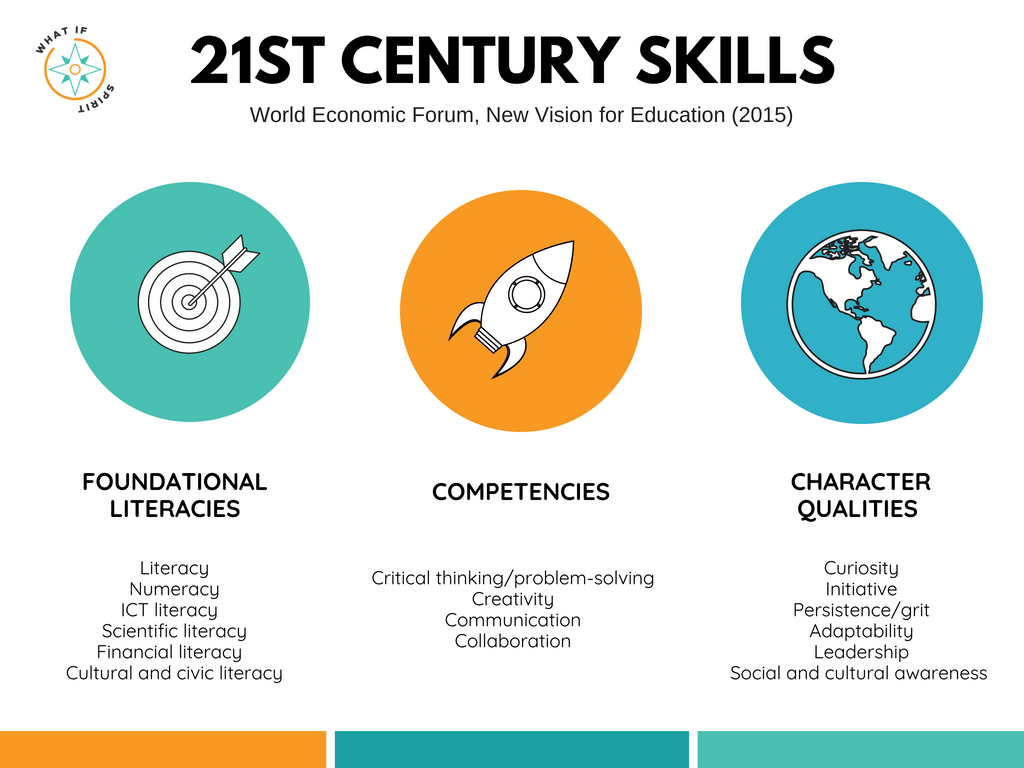
It is paramount to maintain the premises of the enlightenment era: everyone has the same capacity of sensation, and therefore, holistic education must not be restricted to a certain class or gender.
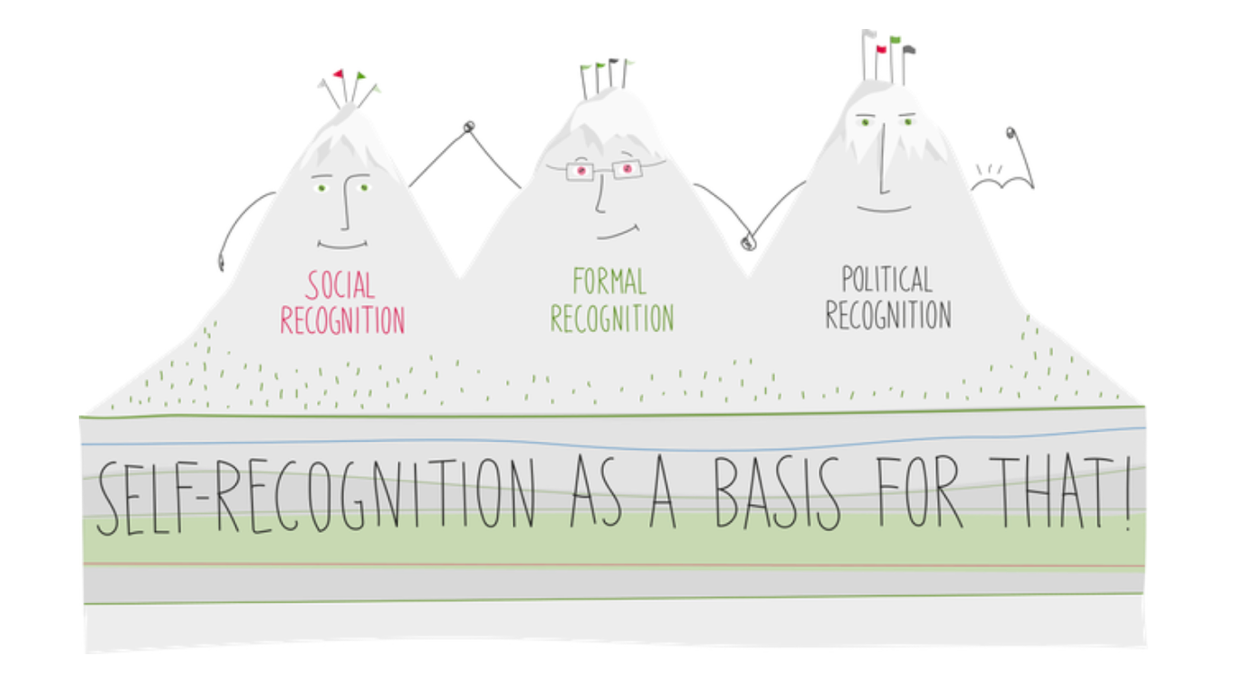
2.6. Self-recognition as door to universal recognition
The mechanistic acquisition of formal degrees for the sake of academic titles must be made obsolete. It is crucial that youth recognizes the intrinsic value of any learning experiences – short or long term. Self-recognition is the very first step which ultimately leads to universal recognition.
3.Which competences does Youthpass include?
The tool invites to use the key competences for lifelong learning. In 2006 the European Union has defined a framework of key competences that all types of education, including non-formal and informal learning, can refer to. In 2018 the definitions have been revised, and so has their implementation in Youthpass. The European Youthpass currently includes these eight key competences[ Competences = combination of skills, knowledge and attitudes]:
- Multilingual competence
- Personal, social and learning to learn competence
- Citizenship competence
- Entrepreneurship competence
- Cultural awareness and expression competence
- Digital competence
- Mathematical competence and competence in science, technology and engineering
- Literacy competence
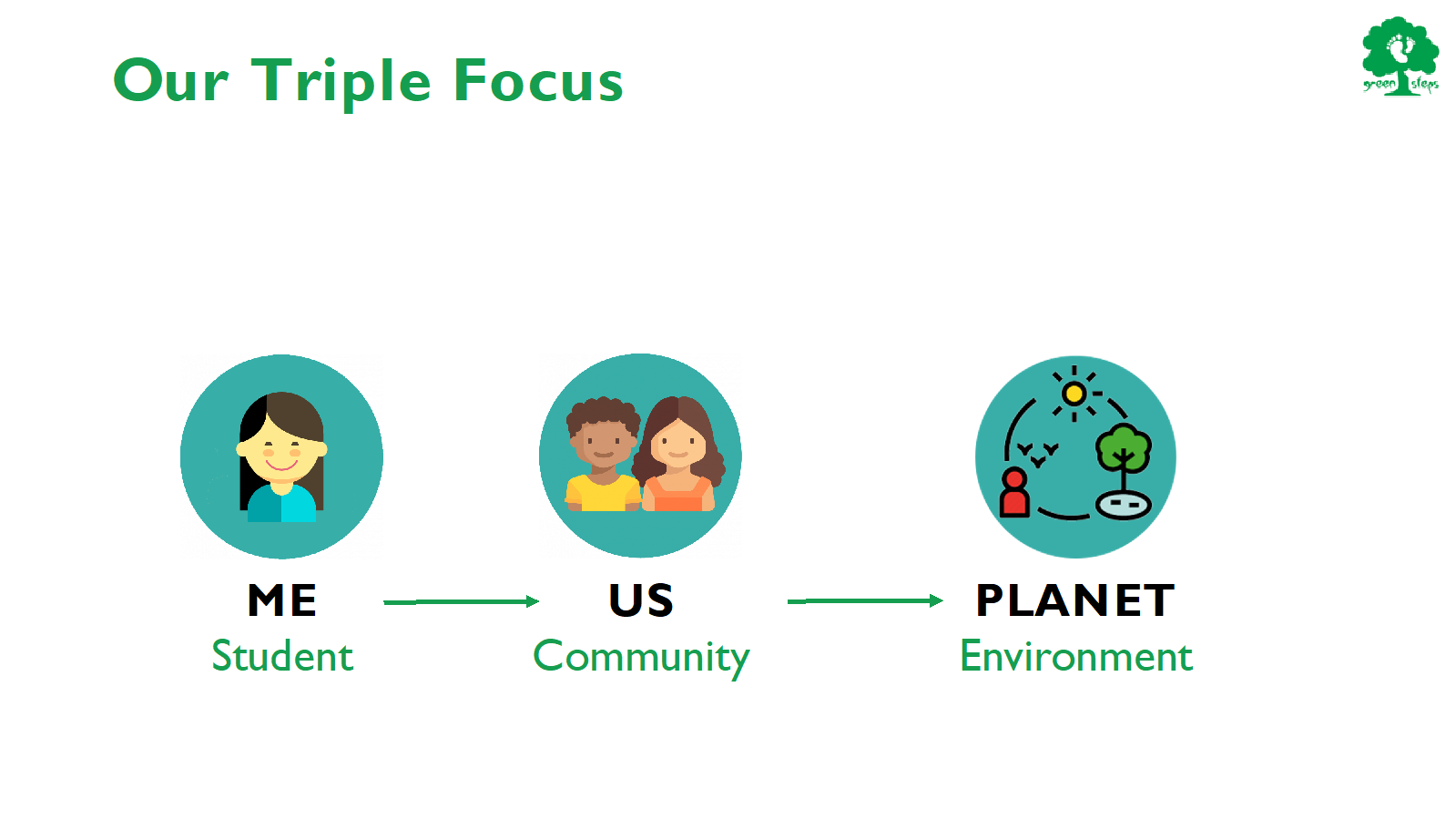
4.What is Youthpass 2.0?
Green Steps suggests to go beyond this definition and adds 3 competences:
- environmental competences or ecological intelligence,
- creativity
- hands-on skills.
We furthermore propose that the Personal, Social, learning to learn competences should be divided into the two competences
- intrapersonal and
- interpersonal competence or intelligence[ The interchangeability of the term competence and intelligence asserts that intelligence is to a large degree acquired and not inherited. ].
The framework describes main competence areas that all individuals need for personal and professional fulfilment, for social inclusion and active citizenship and to lead a sustainable and healthy lifestyle. A competence is defined as the combination of knowledge, skills and attitudes.
Key competences are grouped under 12 main areas, however they are inter-connected and build on each other. In any Green Steps event, learning of a certain participant may be relevant for all or only some of these competence areas. In the latter case, the remaining competence areas do not appear in their Youthpass.
5.Why Youthpass for non EU funded projects?
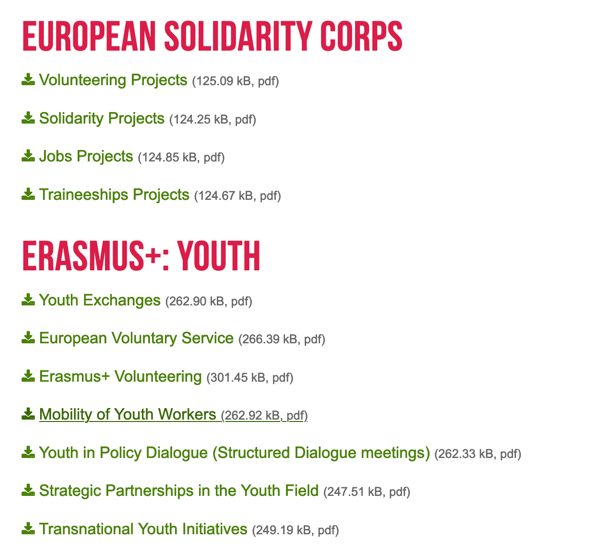
Youthpass is currently applicable to above EU funded projects. It is however recommendable to apply the concept of informal learning evaluation to a much wider spectrum of activities such as gap years, woofing projects, au pair engagements and the multiple areas of non-military services[ compare for example services provided in former holocaust locations, warfare territories: https://www.auslandsdienst.at/ ] young adults must deliver.
6.Youthpass 2.0 Competences in Detail
6.1.Digital Competence
Digital competence involves the responsible use of digital technologies; communication and collaboration, media literacy, digital content creation, safety, intellectual property related questions, problem solving and critical thinking. It includes the ability to use information via a range of digital technologies, to question available information; curiosity and open-minded attitude. Participants in youth projects can be involved in creating content for blogs, websites, social media platforms, etc to share their projects. They can also create audio-visuals (videos, podcasts etc) to communicate their impressions with others. In some projects, they may specifically work on the impact of media and media literacy.
6.2.Environmental Competence
Environmental competences are a network of abilities and dispositions that grow ecological intelligence and ecological behavior in individuals.[ Citation for published version (APA): Roczen, N. (2011). Environmental competence : the interplay between connection with nature and environmental knowledge in promoting ecological behavior. Technische Universiteit Eindhoven. https://doi.org/10.6100/IR719557] As shown in the figure above this rich set of abilities include connection with nature, ecological behaviour, as well as environmental system knowledge.
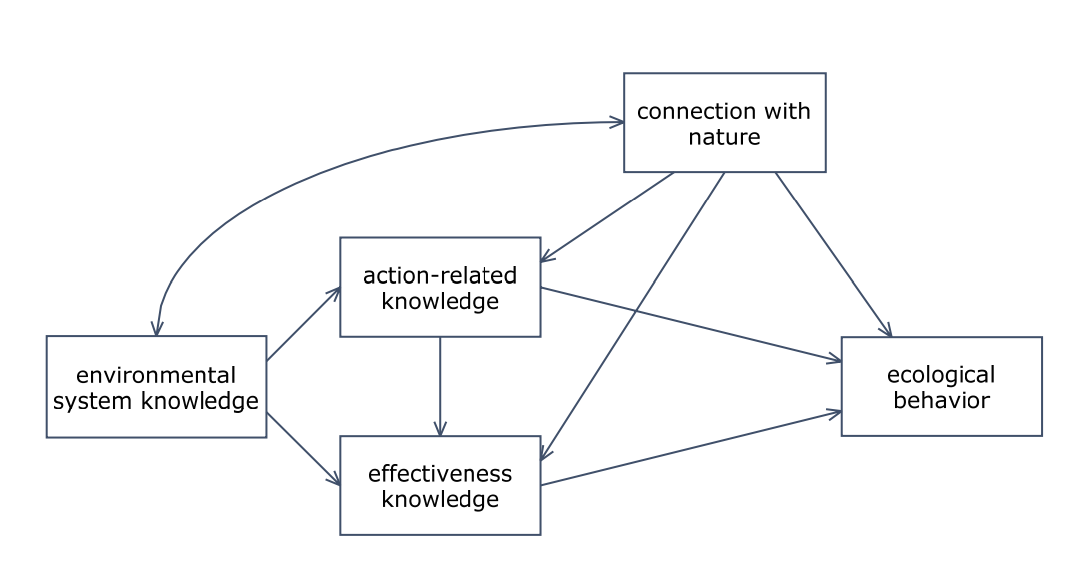
Figure 1
Environmental competence as interplay between knowledge, connection with nature and behaviour
6.3. Intrapersonal Competence[ Daniel Goldman – Working with Emotional Intelligence]
This set of competencies determine how we manage ourselves.
Self-Awareness: Knowing one’s internal states, preferences, resources, and intuitions
- Emotional awareness: Recognizing one’s emotions and their effects.
- Accurate self-assessment: Knowing one’s strengths and limits.
- Self-confidence: A strong sense of one’s self-worth and capabilities.
Self-Regulation: Managing one’s internal states, impulses, and resources.
- Self-Control: Keeping disruptive emotions and impulses in check.
- Trustworthiness: Maintaining standards of honesty and integrity.
- Conscientiousness: Taking responsibility for personal performance.
- Adaptability: Flexibility in handling change.
- Innovation: Being comfortable with novel ideas, approaches, and new information.
Motivation: Emotional tendencies that guide or facilitate reaching goals.
- Achievement drive: Striving to improve or meet a standard of excellence.
- Commitment: Aligning with the goals of the group or organization.
- Initiative: Readiness to act on opportunities.
- Optimism: Persistence in pursuing goals despite obstacles and setbacks.
6.4. Interpersonal Competence [Daniel Goldman – Working with Emotional Intelligence]
These competencies determine how we handle relationships.
Empathy: Awareness of others’ feelings, needs, and concerns.
- Understanding others: Sensing others’ feelings and perspectives, and taking an active interest in their concerns.
- Developing others: Sensing others’ development needs and bolstering their abilities.
- Service orientation: Anticipating, recognizing, and meeting customers’ needs.
- Leveraging diversity: Cultivating opportunities through different kinds of people.
- Political awareness: reading a group’s emotional currents and power relationships.
Social Skills: Adeptness at inducing desirable responses in others.
- Influence: Wielding effective tactics for persuasion.
- Communication: Listening openly and sending convincing messages.
- Conflict management: Negotiating and resolving disagreements.
- Leadership: Inspiring and guiding individuals and groups.
- Change catalyst: Initiating or managing change.
- Building bonds: Nurturing instrumental relationships.
- Collaboration and cooperation: Working with others toward shared goals.
- Team capabilities: Creating group synergy in pursuing collective goals.
6.5. Cultural Awareness Competence
Competence in cultural awareness and expression is the understanding of how ideas are creatively expressed in different cultures, through different arts. It involves developing and expressing own ideas. It requires the knowledge of local, European and global cultures and the ability to express ideas and emotions in different artistic and cultural forms. Openness and curiosity are important attitudes. Young people often develop creative forms of expression to make contact with others or to reflect on experiences. Either organisations offer an opportunity to develop cultural aspects during the project or the participants use this form of expression based on their own initiative. All forms of creativity and media can find their place in youth work. Increasing cultural awareness can prepare the ground for effective intercultural learning. It can also serve to raise awareness about dealing with ambiguity.
6.6. Multilingual Competence
Multilingual competence is the ability to use different languages for communication and to understand and express thoughts, feelings and facts orally or in writing. One would need to know the grammar and vocabulary of a certain language. The ability to learn a language in various ways is also important. Appreciation of cultural diversity and curiosity for intercultural communication are attitudes connected to this competence. European youth projects involve interactions with people from different countries, who speak different languages. For many participants, communicating in a foreign language is of crucial importance. A European project offers the perfect environment to practice this. Especially in longer-term projects, this competence area is among the ones that the participants develop to the greatest extent.
6.7. Literacy Competence
Literacy competence is the ability to understand and express thoughts, feelings and facts orally, in writing or in other forms, and to interact with others. It is the basis for further learning. The openness to critical and constructive dialogue and the awareness on the impact of language on others are important elements of this competence. In a youth project, a participant may need to create various types of written material for different target groups (social media posts, petition texts, official letters, newsletter articles, activity reports, etc.). They also get to know new terminology – even in their own language – on the topic of the project. They are likely to be in contact with different people (children, parents, teachers, decision-makers, foreigners living in the host country, journalists etc.) and need to adapt their communication to the context.
6.8. Citizenship Competence
Citizenship competence is the ability to act as responsible citizens and to fully participate in civic and social life, based on understanding of social, economic, legal and political concepts as well as global developments and sustainability. In many projects, participants are directly or indirectly involved in a civil society organisation or they work on a locally or globally relevant social or environmental theme. They reflect on values, laws, human rights, make comparisons between practices, problems and needs in different realities in Europe. They may discuss what Europe and its core values are and how they are experienced in different contexts and from different perspectives. They may also reflect on their own understanding and experience of being an active citizen.
Youthpass 2.0 extension:
We suggest that citizenship must go beyond the concept of nation states. In an era of climate change and other global challenges, a youth competence evaluation tool must drive the values of a global citizenship which however allows a deep connection to local ecosystems. We therefore propose a bioregional citizenship which is based on the scientific work of conservation scientists who have divided our common home into 867 distinct bio- or ecoregions.
6.9.STEM Competences
Mathematical competence and competence in science, technology, engineering (STEM) is the ability to use mathematical thinking to solve problems in everyday situations. Competence in science refers to the ability to use knowledge; to identify questions and to base opinions on evidence. It includes the ability to use logical and critical thinking, to handle technological tools and to communicate conclusions and reasoning behind them. In a youth project, participants can improve this competence in thematic work (such as leading science labs or helping children with their homework). However, even in projects that do not directly work on scientific topics, participants can improve their problem solving and analytical thinking skills by being involved in decision-making processes regarding the management of different aspects of their project.
6.10. Entrepreneurship Competence
Entrepreneurship competence refers to the capacity to act upon opportunities and to turn ideas into action that has value for others. It includes taking initiative, creativity, innovation, critical thinking and problem solving. It requires the ability to work collaboratively and to plan projects of cultural, social or financial value. European projects are about turning ideas into reality, about being creative, and trying out new things that might also be risky. The project has to be managed in different contexts. Participants have different possibilities to develop talents, discover passions, try out new roles and get inspired to turn their ideas into action. In a volunteering or youth exchange project, if a participant wishes, then planning, preparation, management and evaluation of the project is done together with them. This is even more valid for a solidarity project or a youth initiative.
6.11. Divergent Thinking Competence
“Creativity can help you find new ways to work, and find easier ways to do everyday chores. A creative and liberal mind will allow you to look at objects, motions and tasks in ways you may have never seen before. You can use creativity (and some ingenuity) to refurbish everyday objects to new uses (known as life hacks), and you can re-think everyday chores in new ways. Many people are already doing this, and you can find many examples online.”[ Odyssey: The Importance of Creativity (https://www.theodysseyonline.com/the-importance-of-creativity) ] Being wild strengthens us in being human in the natural world and enables us with a huge skillset and the understand that wild(er)ness is something we need to protect.
6.12. Hands on Competences
Many people learn better when they get involved with a task at hand. Just writing something on a board in a classroom and expecting someone to be able to implement it is often a waste of time for real-world application. Seeing and solving problems in an interactive environment sees a host of benefits for children and adults in the classroom and beyond. Hands-on learning is becoming increasingly popular in schools and colleges and has known to promote better learner engagement and success in real-life implementation. This type of learning also helps people to explore the connection between theoretical concepts in the classroom and how they relate to situations on a deeper level. It also promotes critical thinking while making learning a fun experience.[ Education News: The Benefits of Hands-On Activities to Increase Learning Potential (https://www.educationviews.org/the-benefits-of-hands-on-activities-to-increase-learning-potential/)]
7. YOUTHPASS 2.0 OVERVIEW
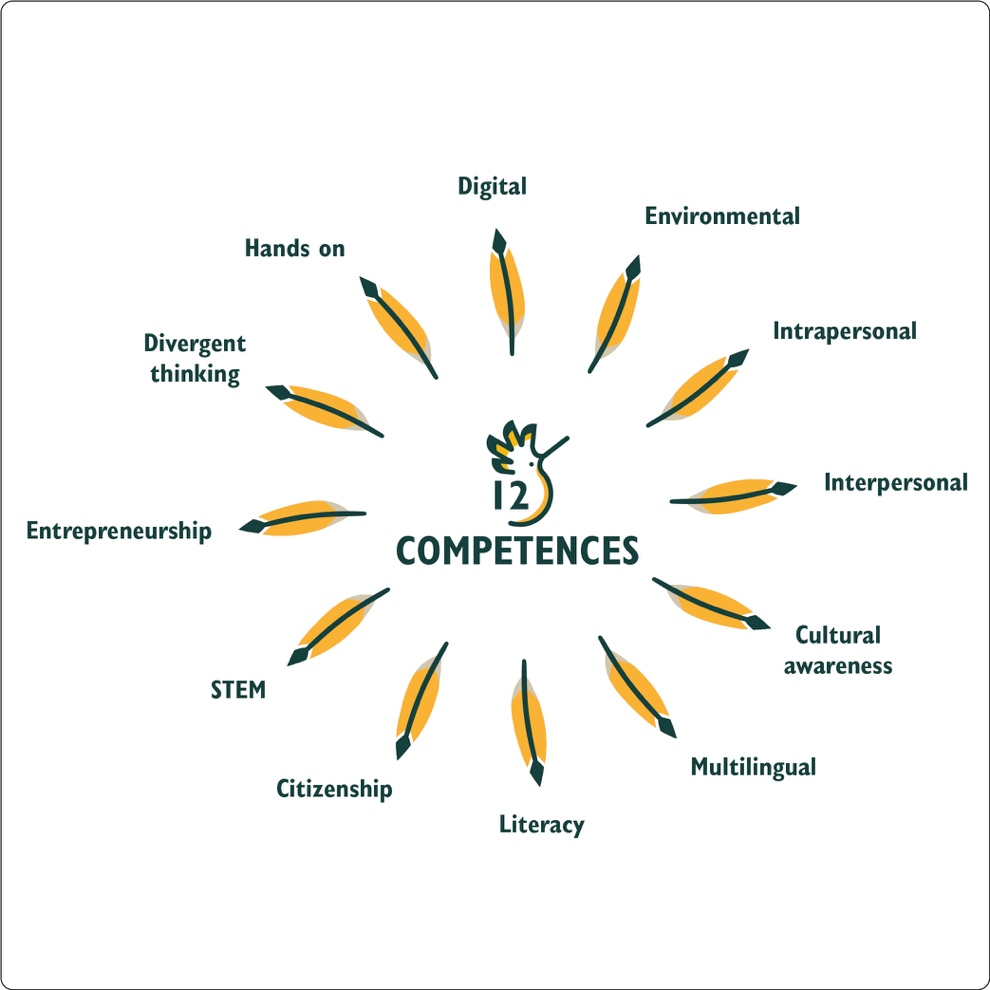
8. PRACTICAL APPLICATION OF YOUTHPASS 2.0
In the two EU projects in which we were involved, we found that on the one hand, only a few young people use the Youthpass, and on the other hand those who do submit one fill it out poorly and have problems understanding it. Therefore, we have developed an ESC mentor tool, based on the classic staff appraisal, which should help recognise the benefit of self-evaluation at the beginning and at the end of the volunteer year. We even use this mentoring tool more often, once a quarter, because it gives the volunteer and the mentor the opportunity to discuss learning progress in a structured way and to define new learning goals.
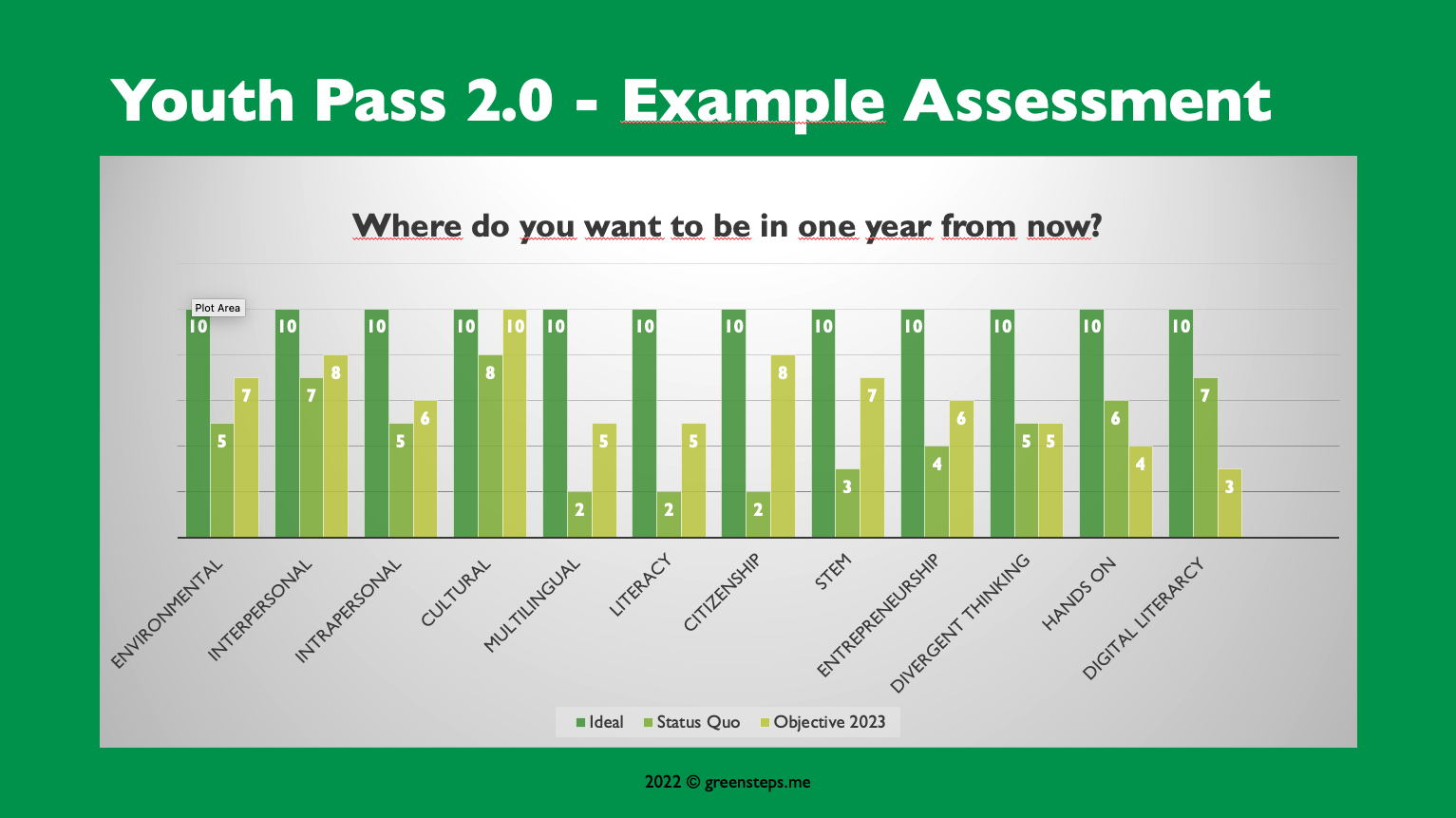
Interested in using this tool for your volunteering programme? Write us at [email protected]

